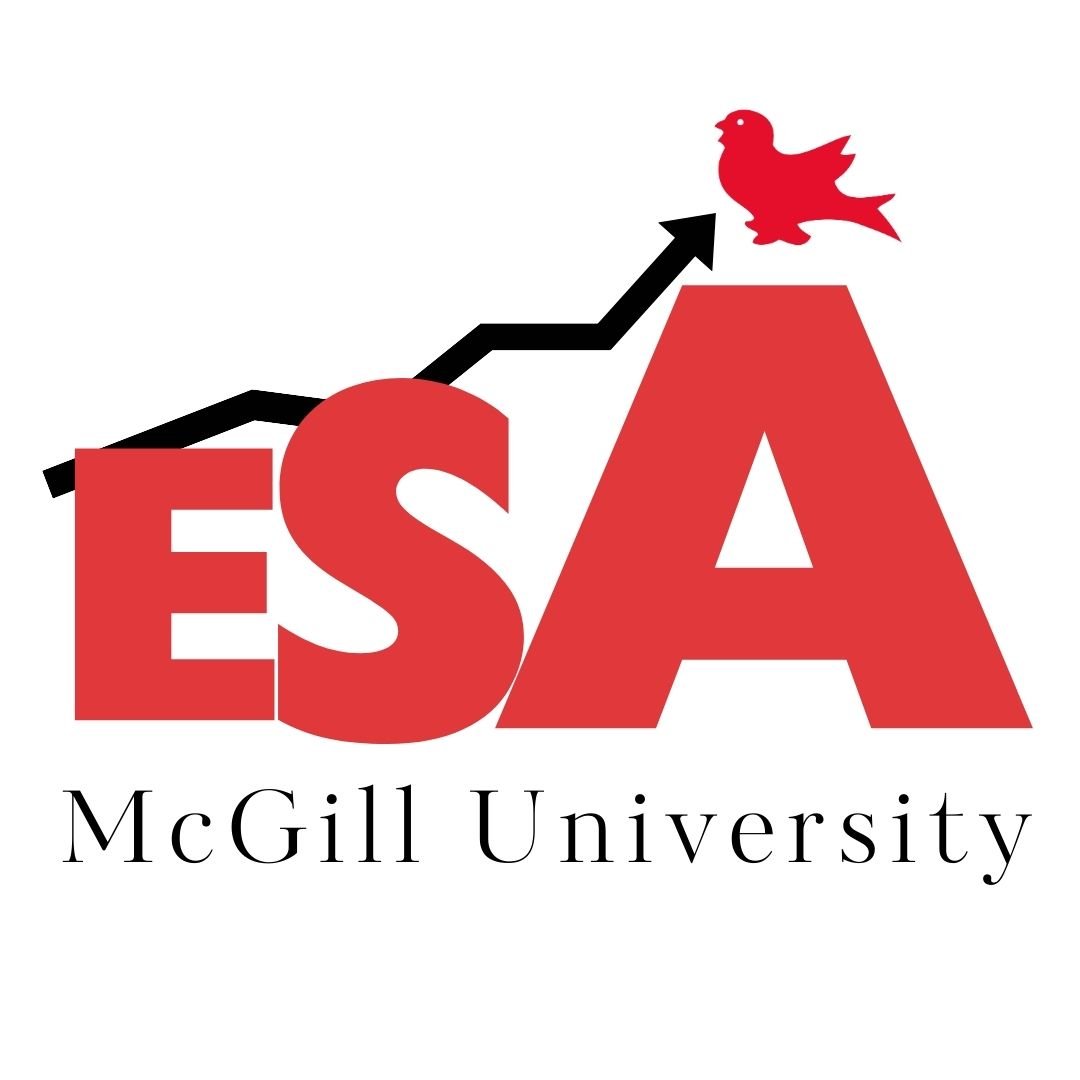A Gambling Problem:An Exercise in Cost-Benefit Analysis
Gambling is extremely lucrative. Not the kind of risk taking that we do at the expense of our reputations or in hopes of nabbing a prom date, but the monetary wagers we make - in casinos, on sports teams, and even online - against ourselves, against the odds. Of course by “lucrative” I’m not citing the big-time lottery winner whose payday puts her in immediate danger of leeches overwhelmed with greed, but instead the state that runs the whole operation. The adage that “the house always wins” may be truer than you thought. Economically, financially, and especially socially, gambling doesn’t make a whole lot of sense: the risks to gamblers run much deeper than their pockets.
The Canadian Situation
Canada is no stranger to gambling, with British Columbia raking in 1.25 billion Canadian Dollars in revenue from gambling in 2015. Quebec - home to Canada’s largest casino - listed 2.83 billion Canadian dollars of revenue in 2019: its best year to date. The U.S. is no worse off, with each of the American states accounting for gambling as roughly 2% of in-state own-source revenues, which may sound small, until that 2% is multiplied across every gambling state to produce a figure of ~68 billion US Dollars in 2016. 11.1 billion USD in 2016 came from Las Vegas alone, half of Nevada’s total gaming revenue, demonstrating the importance of gambling cities for the industry. These revenues, ironically, help fund programs like healthcare, education, and non-profit organizations. We’ve seen the benefits, but how about the costs?
Aside from the fact that gaming revenues are composed entirely of lost bets, with less than half of Quebec’s revenues going to an extremely small pool of winners, gambling also carries economic implications and high social costs. Economically, gambling is an anomaly that feeds off of an increasingly addicted and impoverished community: in other words, it’s unsustainable.
So why is it that gambling revenues continue to increase? The answer lies in the social costs of gambling. Pathological gamblers account for 5-15% of gaming revenues, yet some estimates range up to 50%. All it takes is a small win to initiate further downward spiraling, be it at the racetrack or the blackjack table. As exhilarating as it can be to beat the odds, probability is difficult to trump: when the odds are against you, consistent winning is impossible. Society is well aware of the financial and social detriment that they pose to everyone around them in the hope of that big win. Even for those who win jackpots totaling in the hundreds of millions of dollars, the lucky victors rarely prove capable of handling such an inundation of cash.
“Viral” Repercussions
According to the Ontario Lottery and Gaming Commission, Ontario’s revenues relating to gambling (also known as “sin taxes”) have decreased from 2.3 billion Canadian last year to 200 million in 2020, with substance sale revenues hardly changed. The drop in these “sin taxes” - one of the “more reliable cash streams for governments” - might seem startling now, but that figure could take a turn in the post-COVID world. Gambling operations are known to expand after negative macroeconomic shocks, potentially making this period the calm before the storm. Such behaviour was evident in the United States following the 2008 recession. Increased expenditure is known to stimulate economies, but leaning so heavily on such a vulnerable sector, especially following the layoffs and recession of the COVID-19 pandemic, could prove irresponsible.
